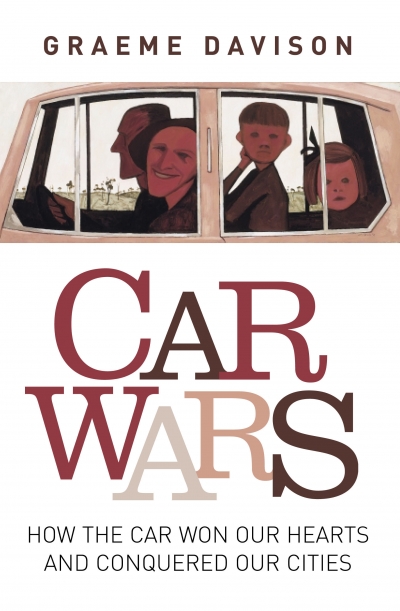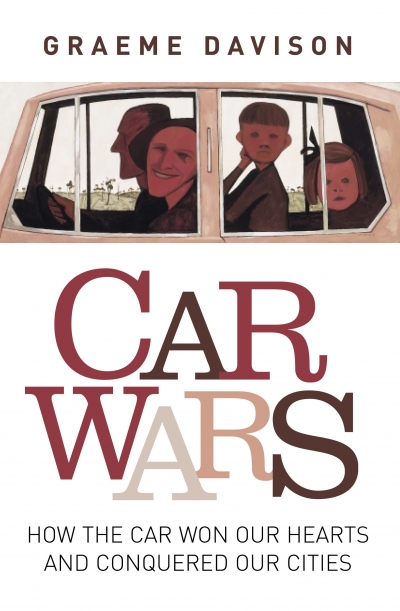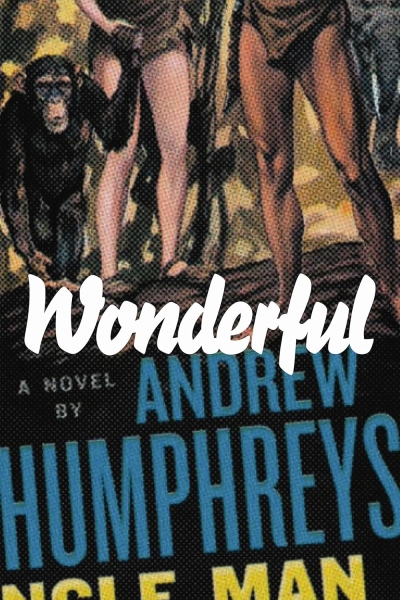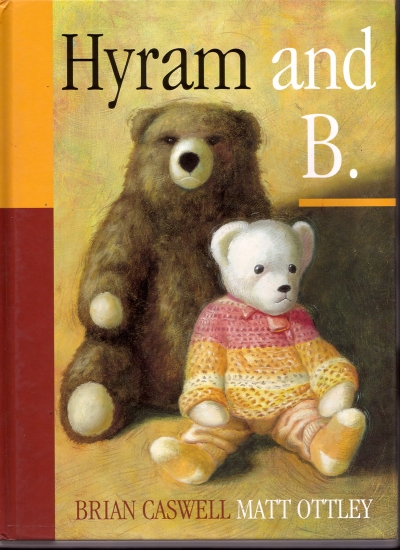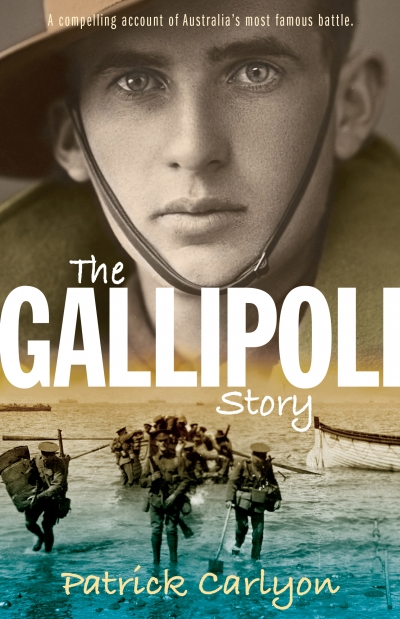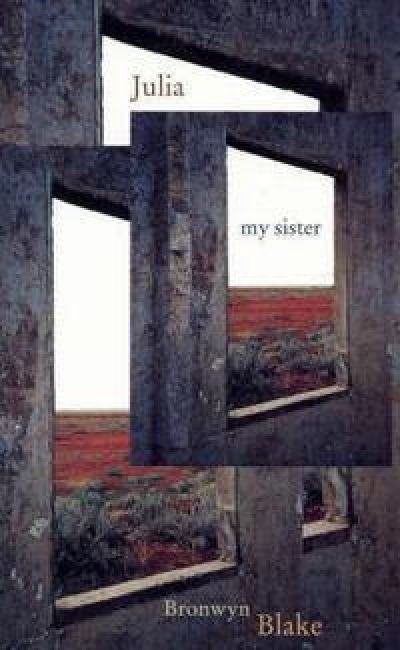Allen & Unwin
Killing Juanita: A True Story of Murder and Corruption by Peter Rees
by Philip Clark •
A Bastard of a Place: The Australians in Papua by Peter Brune
by Rodney Beecham •
Car Wars: How the car won our hearts and conquered our cities by Graeme Davison
by Gideon Haigh •
Car Wars: How the car won our hearts and conquered our cities by Graeme Davison
by Gideon Haigh •
Stromlo: An Australian observatory by Tom Frame and Don Faulkner
by Robyn Williams •
Hyram and B. by Brian Caswell, illustrated by Matt Ottley & Two Summers by John Heffernan, illustrated by Freya Blackwood
by Sherryl Clark •
The Gallipoli Story by Patrick Carlyon & Lasseter, the Man, the Legend, the Gold by Kathryn England
by Dianne Schallmeiner •
Julia My Sister by Bronwyn Blake & Thambaroo by Jane Carroll
by Robyn Sheahan-Bright •




